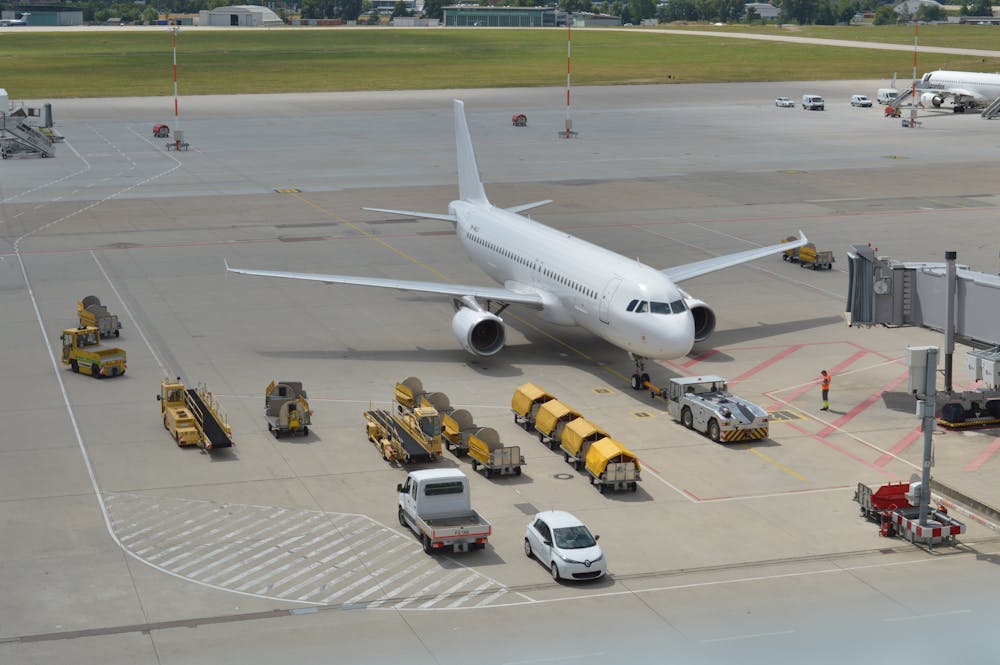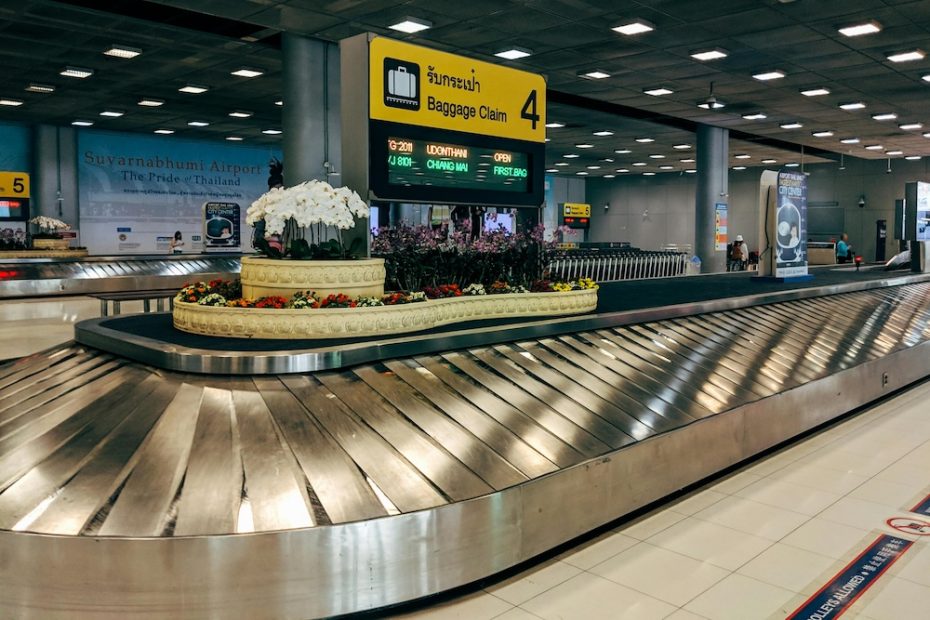What to do if your luggage is lost?
Losing your luggage can be a traveller’s worst nightmare, especially after a long, tiring flight. The frustration and anxiety of waiting at the luggage carousel only to realize your bag is missing is a situation many have faced. Knowing what to do in this moment can make all the difference.
In this blog post, I’ll talk about the immediate steps to take when your luggage doesn’t arrive, how to deal with the airline and your travel insurance company, and what to do if you don’t have insurance. You could be entitled to lost luggage compensation.
Continue reading to learn more about airline liability for lost luggage and your rights.
What to Do if Your Luggage Is Lost?
In short, if your luggage is lost you have to report it at the airport, and you will get compensation from the airline.
Standing at the luggage carousel but don’t see your bag? Everyone else has their luggage but not you? What happens if an airline loses your luggage? What is the airline’s responsibility for lost luggage?
Here’s what to do if your luggage is lost:
- First, don’t leave the baggage hall. Head to the baggage service office to make a lost baggage report. You’ll need to show your passport, baggage tag, and boarding pass. The baggage tag is the sticker the airport staff usually puts on your boarding pass when you check in your luggage. Providing extra information, like a photo of your suitcase, can help speed up the process.
- You’ll get a Property Irregularity Report (PIR) as a written confirmation with instructions for the next steps. Keep this document safe for tracking lost baggage online. Typically, expect a response from the airline within 12-24 hours.
- Next, contact your travel insurance company. If the luggage loss wasn’t your fault, you can usually get reimbursed for necessary purchases – essential items you can’t travel without such as basic clothing, toiletries, underwear, basic footwear, etc. Always check with your insurer before buying anything and keep all receipts, as you’ll need them for reimbursement.
- If you don’t have insurance, you can claim a refund for your expenses with the airline. This process may take longer and be more complicated, but it is possible. Again, keep all receipts to include in your claim.
- If your baggage is not returned within 21 days, it is considered lost forever. In this case, you can get lost baggage compensation of up to 1300 euros (more on this below). You will need to provide a list of items you had in your lost luggage.
Lost Luggage Definition
Here is the lost luggage definition according to the Montreal Convention:
If your baggage is not returned within 21 days, it is considered lost forever. The airline has 3 weeks or 21 days to find your bag. If it can’t do it within this time period, the bag is considered lost.
Check flight compensation online.

Difference Between Lost Luggage and Delayed Luggage
Lost baggage refers to luggage that has been completely lost by the airline.
This means that the bag cannot be located and returned to the owner. Baggage is considered lost when it cannot be located and reunited with the owner within 21 days.
Delayed baggage, on the other hand, refers to luggage that has not arrived at its intended destination within a reasonable amount of time. This could be due to a variety of reasons such as flight delays, misrouting, or mishandling by the airport staff during a flight connection. In this case, the bag is still in possession of the airline and efforts are being made to deliver it to the owner.
Typically, delayed baggage is reunited with its owner within a few of days.
What to do if your luggage is lost or delayed?
Refer to the step-by-step guide provided above.
Steps are the same also for delay. You still have to report the loss and could be entitled to reimbursement of necessary basic expenses that have occurred as a result of this delay.

Airline Lost My Luggage: Compensation
How to claim compensation for lost baggage? How much do airlines pay for lost luggage?
If your baggage is not returned within 21 days, it is considered lost forever.
In this case, you can get lost baggage compensation of up to 1300 euros.
You will need to provide a list of items you had in your lost luggage in order to get this compensation. Here’s a simple step-by-step guide on how you can claim this compensation.
- Step 1: Gather necessary documentation. Before filing a claim, ensure you have all the required documentation. This includes the written confirmation you received at the baggage service office (Property Irregularity Report or PIR) and a list of the contents of your lost luggage along with their approximate value.
- Step 2: Submit a written claim to the airline. Most airlines require you to fill out a claim form, which can usually be found on their website or obtained from their customer service department. Include all necessary documentation and be as detailed as possible about the contents and value of your lost luggage.
- Step 3: Follow up regularly. After submitting your claim, keep in regular contact with the airline. Note down each interaction, including dates and names of the customer service representatives you spoke with. Regular follow-up calls or emails can help expedite the process. If the airline refuses to pay compensation or if it takes way to long, try contacting the National Enforcement Body of your country.
- Step 4: Request a refund for expenses incurred due to lost luggage. Remember to submit receipts for items purchased as a result. This refund is separate from lost baggage compensation, often referred to as “delayed baggage compensation” for clarity.
What about travel insurance? Do you need it?
Travel insurance is not required to claim compensation for lost luggage.
As per the Montreal Convention, airlines are accountable for your checked baggage. If your baggage is lost or damaged, the airline must reimburse you for its worth. Moreover, the airline must cover expenses resulting from baggage delay or loss, like essential purchases.
The Montreal Convention is an international treaty aimed at creating a consistent and predictable legal framework for international air travel. Its main goals are to update and unify the rules for transporting passengers, baggage, and cargo, and to strike a balance between the interests of airlines and consumers. Long story short – it’s there to make things easier for you as a traveller.
Featured photo by Markus Winkler from Pexels
